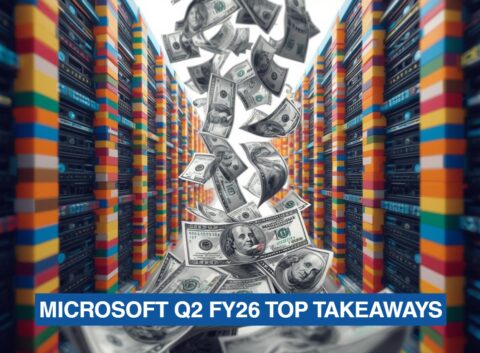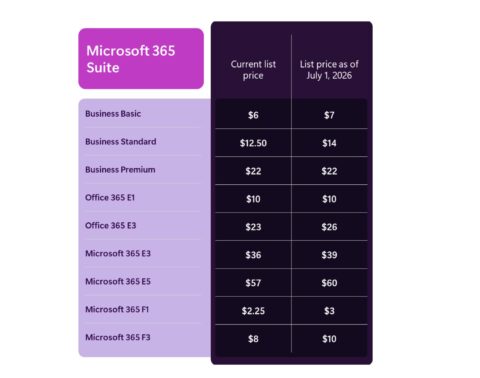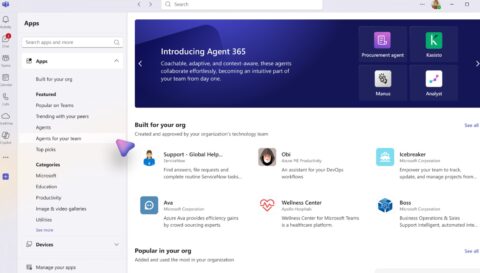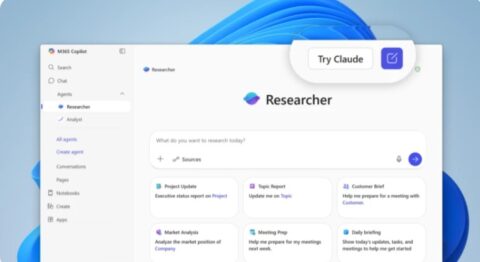Updated: March 14, 2024 (April 27, 2023)
BlogMicrosoft updates its Windows 10 and 11 support roadmaps

Microsoft is giving Windows users a bit more information about what’s planned for Windows 10 and Windows 11 via some updates to its lifecycle support pages this week.
Windows 10 Enterprise, Enterprise IoT and Education will remain supported by Microsoft until October 14, 2025, as we’ve known for a couple of years. What we didn’t know for sure until today, April 27, was that Windows 10 22H2, which Microsoft released last fall, will be the “final version of Windows 10.” All editions of Windows 10 will remain in support with monthly security updates through that date. But they won’t be getting any more new features, based on today’s update from Microsoft.
Existing Windows 10 Long Term Servicing Channel (LTSC) releases will continue to get updates beyond that date, based on their specific lifecycles. Depending on the edition and release, these dates range from January 2027 to January 2032.
LTSC releases of Windows are designed for special-purpose devices and environments. Their feature sets remain constant for the supported lifetime of the release, which has led some customers who don’t want the constant disruption of feature updates to adopt them, in spite of Microsoft’s cautions against using LTSC for this reason.
Microsoft also announced today that it will deliver the promised LTSC version of Windows 11 in the second half of 2024. There will be a Windows 11 Enterprise LTSC and a Windows 11 IoT Enterprise LTSC edition released at that time. Officials said they will provide more details closer to availability.
In addition to continuing to provide security updates for Windows 11, Microsoft also has moved to a pattern of “continuous innovation” for the product. This means in addition to getting a single “major” feature update each year, usually in the fall, Microsoft also is delivering other new features and updates for Windows 11 throughout the year without a set schedule.
There have been reports that Microsoft is planning to release a new Windows variant, which may (or may not be) christened Windows 12 in the latter half of 2024. It’s hard to know at this point whether this release will be more than Windows 11 with a bunch of “AI”-labeled features added and/or more virtualization capabilities delivered via Windows 365 — or something more.
















